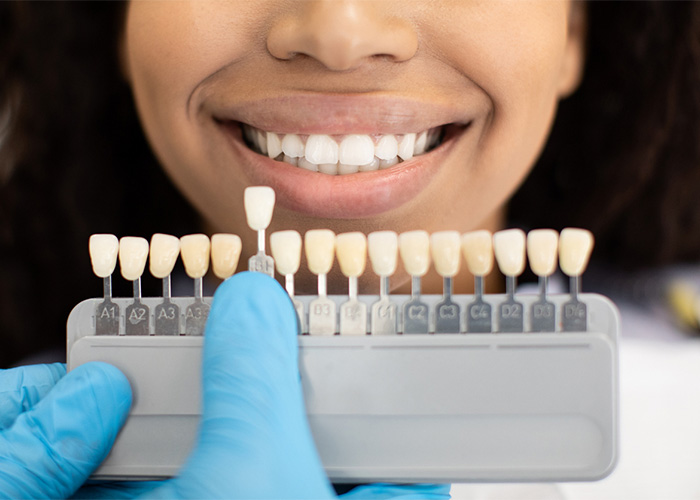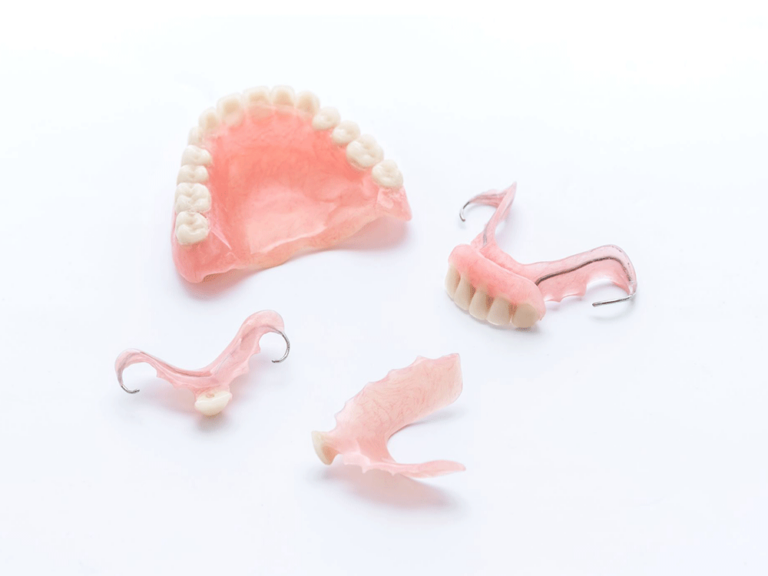Weighing the Pros and Cons of Cosmetic Dentistry
Cosmetic dentistry can help improve your smile and overall dental health. However, there are pros and cons to cosmetic dentistry, so we’ve compiled a list to help you decide whether it’s the right choice for you.




